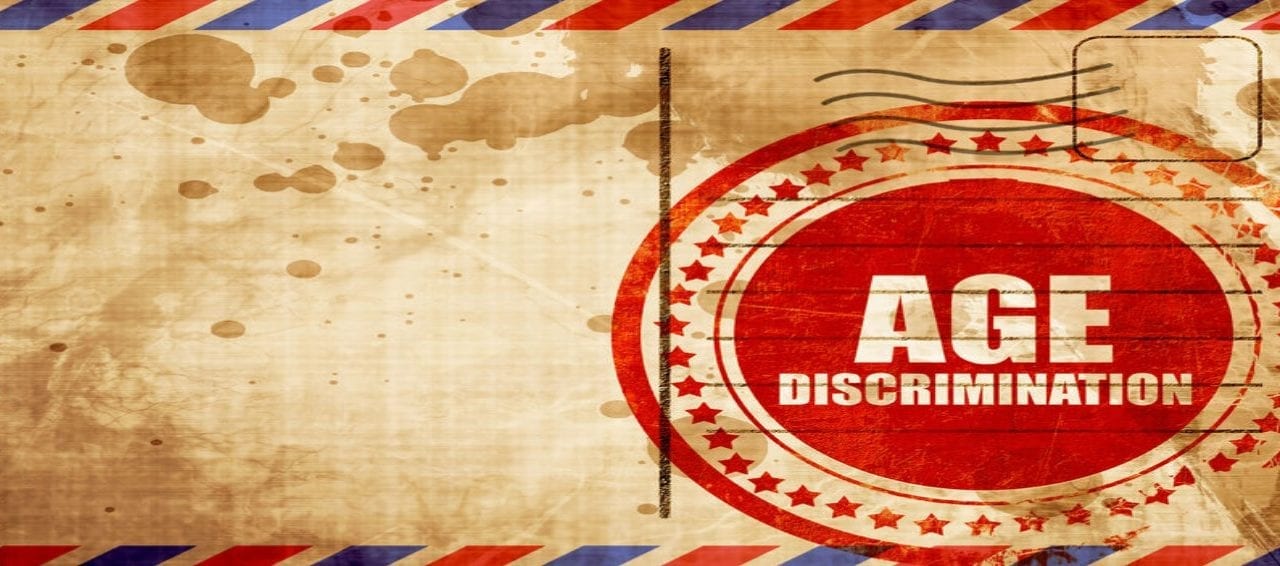“We cannot challenge bias unless we are aware of it.”
By NIC
How are you an ageist?
That’s the question activist and author Ashton Applewhite would like attendees of the 2017 NIC Fall Conference to consider when she takes the stage at “NIC Talks,” a provocative series of presentations on the future of aging. Notice that Applewhite doesn’t ask whether or not we’re ageists, but rather, in what ways we are ageists.
We’re All Ageists
“We’re all ageists,” said Applewhite, in a conversation with NIC from her office in Brooklyn to preview her upcoming remarks at the conference. “We cannot challenge bias unless we are aware of it.”
Applewhite is one of nine speakers this year at “NIC Talks,” which will be presented during two sessions at the conference. The “NIC Talks” theme this year is “Tell Me Something I Don’t Know about Aging.” The speakers are leading experts on aging, and will cover topics such as longevity, artificial intelligence, population health and the impact of technology on aging.
Focusing on the senior living industry, Applewhite noted that it’s important for executives to consider how they’re ageist because of the vital work they’re trying to do for people in society. “Look at your own attitudes towards age and aging,” she said.
For example, how do you feel about giving your age?
Do you use “old” as a substitute for negative traits, and “young” for positive ones such as energetic or happy?
Is it okay to tell someone they look good for their age?
Do you think it’s sad to be old? Or that old people are incompetent?
Ageism Has Gone Largely Unquestioned
Applewhite defines ageism as discrimination and stereotyping on the basis of age. Until recently, ageism has gone largely unquestioned even as society has taken some steps forward to curtail racism and sexism.
“Look at the greeting card rack at the pharmacy,” said Applewhite. “Everything about aging is going to be awful.”
It’s time to challenge those assumptions of a youth-oriented society, she said. “Stereotypes cramp our sense of ourselves and diminish our prospects.”
Language is part of the problem. She prefers the words “olders” and “youngers” used as nouns to emphasize that age is a spectrum. Applewhite also highlighted the fact that we all age at different rates, cognitively, socially and physically. Proof can be seen at any high school reunion, she noted.
Highlight The Pluses of Aging
At “NIC Talks,” Applewhite plans to highlight some of the pluses of aging. In fact, research shows that attitudes towards aging can affect how our minds and bodies function even at the cellular level. People with more positive feelings about aging do better on memory tests, walk faster, heal more completely from ailments, and live longer. “They haven’t bought into the assumption that becoming older means becoming a useless, boring person without a role in the world,” she said.
By her own description, Applewhite is no Pollyanna, but a clear-eyed realist who confronts the fact that aging has difficult aspects. But she wants her audience to think about both sides of the aging equation, positive and negative.
Applewhite will also share with conference attendees her vision for an age-friendly world, as well as the importance of social networks, and the need to integrate the young and the old.
“Segregation is a huge problem,” said Applewhite. “Anyone who wants to make it easier and more pleasant to get older in America, I urge them to develop intergenerational strategies.” Applewhite noted that the intermingling of people of all ages was originally the natural order of things. “It makes sense when you think about it,” said Applewhite.
The 2017 NIC Fall Conference is being held Sept. 26-28 at the Sheraton Grand Chicago. The “NIC Talks” sessions are scheduled for Wednesday, Sept. 27 from 11:15-12:30; and Thursday, Sept. 28 from 11-12, at the Loews Hotel.





